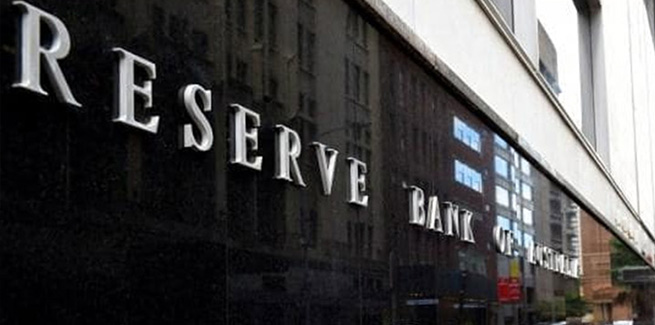In its quarterly statement on monetary policy released on Friday (5 November), the Reserve Bank of Australia (RBA) has outlined an adjusted outlook for the cash rate.
Data from the Australian Bureau of Statistics recently showed the RBA’s preferred measure for underlying annual inflation, the trimmed mean (which excludes extreme price rises and falls), had risen by 0.8 per cent during the September quarter, to be 2.1 per cent higher over the year.
This placed inflation within the RBA’s target range of 2 to 3 per cent, a prerequisite it set for raising the cash rate, which wasn’t expected until 2024.
The Reserve Bank acknowledged the inflation movement on Friday (5 November), stating it was “higher than expected” in the September quarter.
However, the RBA has forecast in its central scenario that wages growth will edge up to around 3 per cent, while underlying inflation will only reach the middle of the 2 to 3 per cent target band by the end of 2023.
Trimmed mean inflation is expected to reach 2.25 per cent by the end of next year and to reach around 2.5 per cent by the end of 2023.
“Depending on the trajectory of the economy at that time, the board judges that this outcome could be consistent with the first increase in the cash rate being in 2024,” the central bank wrote in its statement.
But inflation could be shaped by consumer spending, which if it turns out to be strong in a reopened economy, could support growth and the unemployment rate falling below 4 per cent in 2023 – potentially pushing inflation a little above 3 per cent.
In contrast, a downside scenario, which could be invoked by a new virus strain or a decline in vaccine effectiveness, could eat away at spending and feed into unemployment surpassing 5 per cent for the next few years, which would see inflation fall below the target range.
While it did allow for a faster movement, the RBA has dismissed speculation that the cash rate could rise as soon as November next year.
“In some other plausible scenarios, wages growth and inflation could be higher than implied by the central scenario. If this were to eventuate, an increase in the cash rate in 2023 could be warranted,” the statement said.
“However, in the board’s view, the latest data and forecasts do not warrant an increase in the cash rate in 2022.”
The other prerequisite for raising the cash rate is wages growth, which the RBA has said will feed into rising inflation. But higher wages will require a tighter labour market.
“The board will not raise the cash rate until these criteria are met and is prepared to be patient,” the statement said.
ANZ analysts however have somewhat dismissed the RBA’s thinking, as outlined in a report written up by ANZ head of Australian economics, David Plank; senior economists Felicity Emmett, Catherine Birch and Adelaide Timbrell; and market economist Hayden Dimes.
The report from the ANZ economists stated the “forecast will be challenged in the near term, which will see market pricing aggressively disagree with the RBA’s stance”.
“Whether or not the RBA remains patient will likely depend on wages growth,” the research note stated.
The economists believe inflation and wages outcomes will combine to trigger a hike in the first half of 2023.
“A move in the later part of 2022 is not out of the question, but would require a sharp acceleration in wages growth in the first half of 2022. We think this is too soon,” the research note said.
[Related: Home-ownership schemes a ‘catch-22’: REA]
 ;
;
